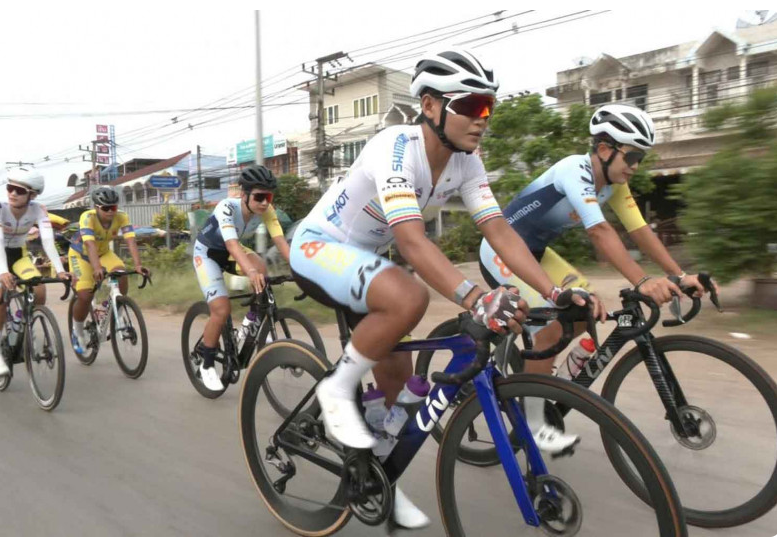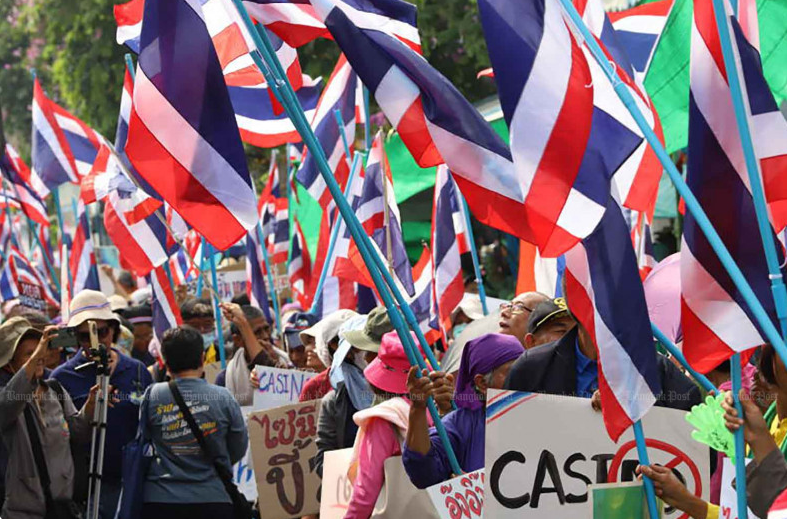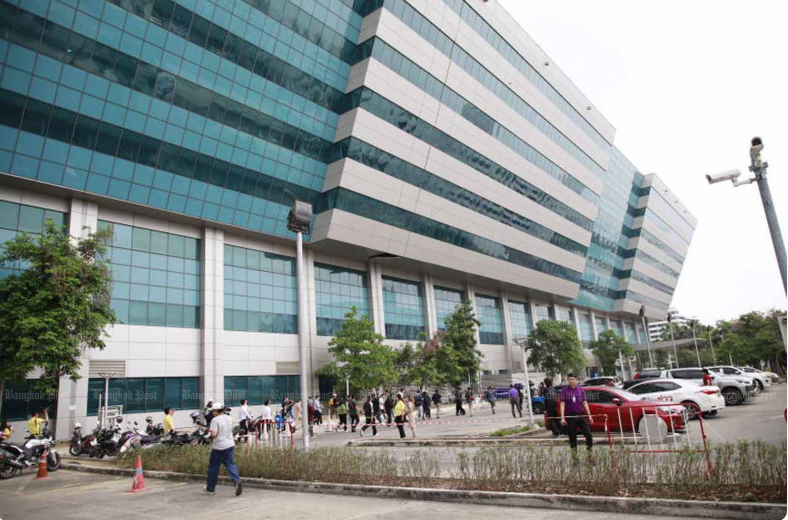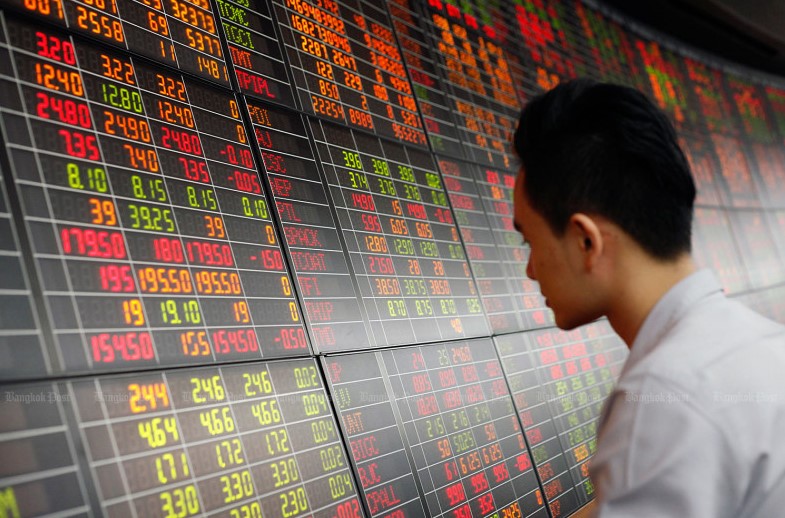Trade war and negative outlook on Thailand
As the New Year turns two months into the rearview, the outlook is negative for business and investment, with a global slowdown and rising trade wars causing a malaise.
January saw global business activity, as measured by the world purchasing managers’ index (PMI), slow to the lowest level in a year.
Three quarters, or more than two-thirds, of gross domestic product, or GDP, in the US — the world’s biggest economy — comes from consumption, and the signs are growing that it is vulnerable. Retail sales in January slumped the most in two years, contracting 0.9% mom, and falling in nine of 13 categories.
While partly influenced by wildfires and extreme snowstorms, the retail sales drop mostly underscores consumers struggling with high inflation and interest rates and increasingly relying on credit cards and debt. Default rates are starting to rise, pointing to how fragile the economy is.
On the other hand, US President Donald Trump’s implementation of import tariffs might cope with inflation problems but they worsen the consumer spending ones.
The dangers of Trump’s trade policies have become more immediate and pronounced than many expected. Recent tariff actions include a 25% import tax on Mexico and Canada, which has been temporarily delayed but is currently set to go into effect on March 4.
This week, Trump slapped on a further 10% tariff on Chinese imports over and above the 10% levy announced previously, prompting Beijing to react with 10-15% tariffs on US goods including crude oil, agricultural machinery, coal and liquefied natural gas.
At the same time the US is imposing a 25% tariff on steel and aluminium imports from all countries, reciprocal tariffs will go into effect on April 2 against many nations that impose higher import taxes than the US does.
TROUBLE FOR THAILAND
Thailand also stands to suffer the most, as it levies an average 8.2% tariff on US goods, compared with the 2.4% that the US charges on Thai goods. As a result, US tariffs could be enacting increase of 5.8 percentage point to meet with Thailand tariffs rates, reduce Thai GDP by 0.5-0.6 percentage point, and lower economic growth to 2.0%.
Tariff threat not withstanding, Thailand’s economy is more difficult than predicted. Indeed, GDP expanded by only 3.2% y-o-y in Q4 2024, far below market expectations. The main negatives ranged from a dramatic contraction in inventories, reflecting business stock clearance and cautious production, to shrinking private investment, to a strong pullback in durable goods consumption, reflecting weak purchasing power amid high household debt.
Considering this context, we foresee 2025 economic expansion will be lower than NESDC’s median projection of 2.8% based on four risks:
US retaliatory tariffs potentially slashing Thai GDP by 0.5-0.6 ppt;
Feedback from China resulting in a larger trade deficit;
Limitation on financial institution lending amid elevated non-performing and special-mention loans, particularly for small businesses; and
Earlier signs of a global economic slowdown.
We keep our Thai growth outlook for 2025 at 2.5% vs NESDC, but make the following adjustments: export growth slashed to -1.0% from zero, private consumption growth trimmed to 1.9% from 2.2%, and private investment growth cut to -0.2% from 0.5%.
With this outlook, we revised our investment gate to emphasize caution in a high risk environment. Investors should wait to see what the new government stimulus initiatives look like and which direction US trade policy is heading before making long-term bets,” the analysts said.
We suggest a selective buy approach centred on three broader themes with specific positives:
Earnings plays on profit growth in 4Q 2024 and 1Q 2025, potential of sustained dividends including ADVANC, TRUE, AMATA, TIDLOR, MTC, AU and HTC. As a result, cover your sack and invest only in those who have solid fundamentals and are highly competitive.
Event-play stocks are expected to gain from government consumption stimulus measures, particularly CRC, HMPRO, TNP, MINT, AWC and ERW.
SET100 stocks we see as undervalued, expected to deliver profit growth in 2025; sound fundamentals, able to conduct share buy-back, reasonable valuation and long-term dividend sustainability at good yield give us the following top picks — BCP, AP, PTT, TU and SPALI.










